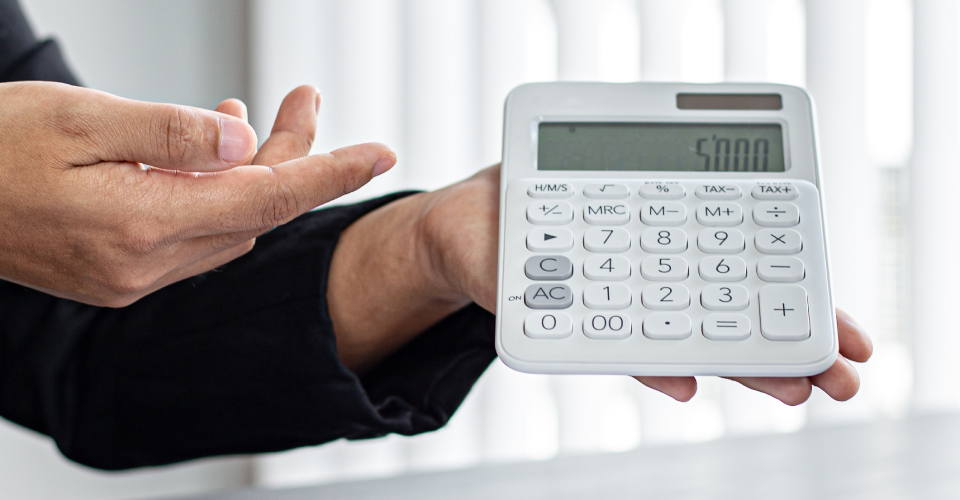
How does a fixed deposit work?
So, you want to make your money work for you. Welcome to the club. Do you plonk all your money in the bank? Do you invest it all in stocks or cryptocurrency? Or do you consider an option that’s more lucrative than a bank and much safer than higher risk investments. Meet the fixed deposit.
What is a fixed deposit?
When you deposit a fixed sum of money, for a fixed period, and receive a fixed interest rate, that’s a fixed deposit, or FD for short.
What are the benefits?
High earning power with low risk
FD interest rates significantly exceed the interest rates of a standard savings account. And the security of your money is guaranteed since the Deposit Insurance Corporation insures funds up to $125,000. So, you can make your money work harder in a low-risk environment.
Fixed interest rates
Since interest rates are fixed, you’ll know exactly how much money you’ll have after the term of your investment. You won’t be agonizing over fluctuating stock prices or cryptocurrency crashes and that peace of mind is priceless.
Flexibility
Flexibility also allows you to customize a fixed deposit to meet your needs. You can deposit as little as $1,000 or scale up depending on your financial situation. You can deposit your money for one year if you’ll need it back soon, or you can consider a medium- or long-term investment instead. The longer your investment term and the more money you invest, the higher your interest rates will be.
Compound interest
Fixed deposits also earn compound interest. That means that interest you earn in Year 1 is added to your deposit before the start of Year 2. You earn based on the money you initially invested and the interest that money earns. Basically, you’re earning interest on interest, and this helps your principal to grow much faster.
Loan security
You can also use your FD as loan security. Loans taken with FD security are safer for financial institutions – since you do have money set aside to repay the loan if needed – and you may even be able to negotiate better loan interest rates because of this.
Rainy day savings
Of course, you would never want to break a FD before the term ends. However, if you have a crisis, you can tap into the money you set aside.
What if I want to break my deposit?
If you break a one-year fixed deposit, the best providers will tell you there’s no penalty on interest rate. They’ll determine the number of days that the money was deposited and pay interest based on that period.
However, for fixed deposits lasting two years or longer, there is usually an interest rate penalty if you cash out before maturity.
What do I do now?
FDs are looking pretty good right now, so why not do some more research? Look up FDs and compare rates and benefits so that you can get the best possible deal. You can also use our Fidelity Finance calculator to determine how much interest you’d get if you choose one of our fixed deposits. And you can always contact us if you want to talk to someone about whether an FD is right for you.



